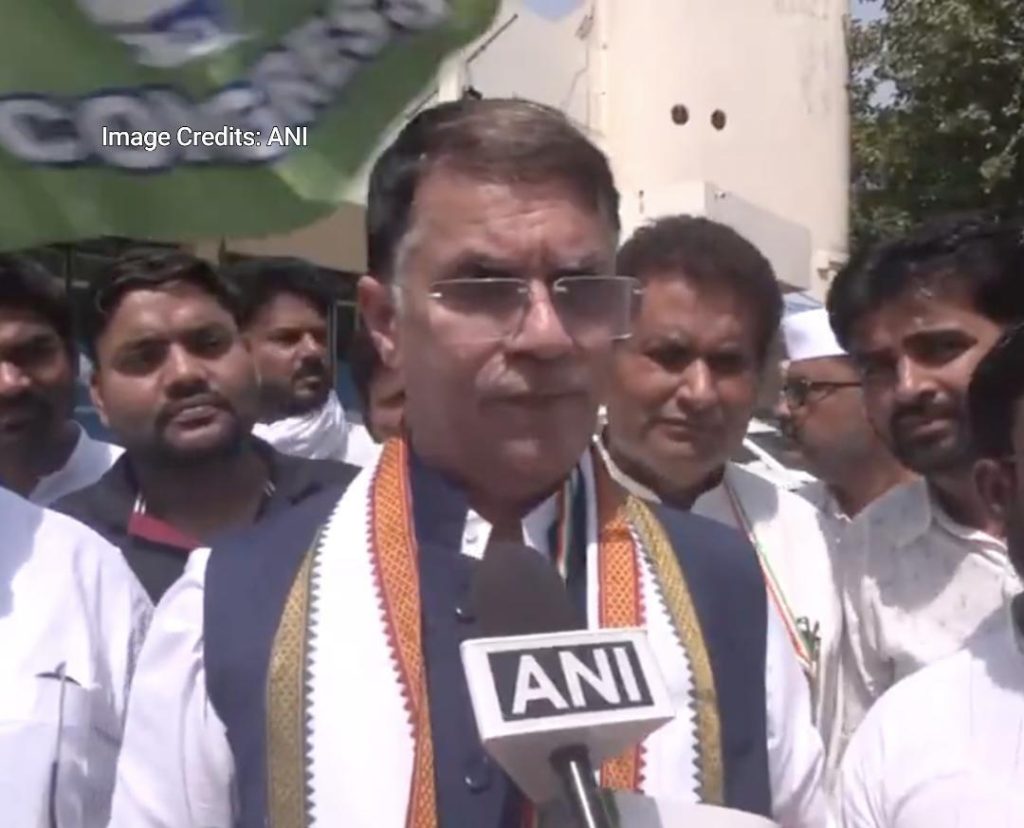
India Must Speak in One Voice: Khera on Op Sindoor Delegation
In the wake of Operation Sindoor, the Indian government has decided to form an all-party delegation to convey the country’s message of zero tolerance against terrorism to key partner nations. This move has received backing from Congress leader Pawan Khera, who believes that such a delegation will help India speak in one voice on the global stage.
The decision to form an all-party delegation comes as India seeks to strengthen its relations with international partners in the fight against terrorism. The delegation, which is set to visit key partner countries later this month, aims to convey India’s unwavering commitment to tackling the menace of terrorism.
Pawan Khera, a prominent Congress leader, has welcomed the government’s decision to form the all-party delegation. In a recent statement, he termed the move as a “good ritual” and drew parallels with the past, when Prime Minister PV Narasimha Rao had sent Atal Bihari Vajpayee on a similar mission.
“When PV Narasimha Rao was PM, he sent Vajpayee for the same,” Khera said in an interview. “The country should speak in one voice. The government’s decision to form an all-party delegation is a step in the right direction.”
Khera’s statement is significant because it underscores the importance of presenting a united front in the fight against terrorism. Terrorism is a global menace that requires a coordinated effort from nations across the world. By speaking in one voice, India can effectively convey its concerns and commitments to its international partners.
The decision to form an all-party delegation is also seen as a pragmatic step to ensure that different political parties and stakeholders are on the same page when it comes to tackling terrorism. By involving all parties in the delegation, the government can ensure that there is no dissent or confusion on this critical issue.
The timing of the delegation’s visit is also significant, as it comes at a time when international relations are undergoing significant changes. The rise of new global powers, the shifting dynamics of international relations, and the increasing challenges posed by terrorism require India to adapt and evolve its diplomatic strategy.
The all-party delegation will be an important tool in this regard, as it will allow India to present a united front to its international partners. The delegation will also provide an opportunity for different political parties to engage with each other and with the government on this critical issue.
India’s decision to form an all-party delegation is also seen as a response to the growing concerns about terrorism in the region. The recent spike in terrorist attacks in the country has highlighted the need for a robust and coordinated response to this menace.
The government’s decision to form an all-party delegation is a step in this direction, as it seeks to ensure that all stakeholders are on the same page when it comes to tackling terrorism. By presenting a united front, India can effectively convey its concerns and commitments to its international partners and work towards a common goal of eradicating terrorism.
In conclusion, Pawan Khera’s statement highlighting the importance of India speaking in one voice on the global stage is a timely reminder of the need for a coordinated and unified approach to tackling terrorism. The decision to form an all-party delegation is a significant step in this regard, as it will allow India to present a united front to its international partners and work towards a common goal of eradicating terrorism.






